
Totally Impermeable Films (TIF) Why can they help me in the disinfection of my crops?

We know that in the agricultural world there are many influential variables if we seek to improve yield, quality of our crops, efficiency of the processes, the use of soils… we could mention several critical factors but on this occasion we want to focus specifically on soil disinfection.
The use of plastics to improve the efficiency in the disinfection of agricultural soils is fundamental as it reduces the amount of necessary chemicals, which turns out to be a great contribution to the environment; plastics that belong to the well-known family of mulching films, which are also used in crops to increase the quality of the harvest or to avoid the excessive use of water. When we talk about plastics for disinfection, the important questions would be: What are the options? How can I choose the most suitable plastic for my crop? Why do I need a plastic for my disinfection process?
First, it is important to mention that disinfection can be done by solarization or fumigation and different plastics are used in each case. Thermal plastics are used for solarization, and barrier-plastics are used for fumigation. In this post, we will talk about a type of plastic used for fumigation disinfection known as TIF or Totally Impermeable Films.
Totally impermeable films (TIF) are manufactured with multilayer technology to incorporate that barrier property into one of its layers and, thus, prevent the toxic gases from the disinfection processes from endangering the health of the workers or shortening the life of our cover plastics.
What advantages does a fully impermeable film (TIF) offer to my crop?
- Increase the effectiveness of the disinfection process by preventing the escape of the gases released from the application of the chemical products.
- Save costs in disinfectants, precisely because we can apply fewer doses and achieve the maximum use of these chemicals. In addition, and as we mentioned before, because the TIF films prevent these toxic gases from shortening the lifespan of greenhouse cover plastics.
- Also, from an economic point of view, by achieving a better concentration of the application of disinfectants and increasing their effectiveness, we can reduce the time necessary for the soil to be fully prepared for planting.
- Reduce environmental pollution, which is becoming increasingly important nowadays in our societies, precisely to promote the fertility of our soil, air quality, and climate control that can also affect our crops, among many other things.
To answer the question about the options available in the market, we must consider plastics manufacturers with the necessary technology to produce multilayer films and with the capacity to formulate their films to add, in addition to barrier properties to the plastic, durability, resistance, flexibility, thermicity, transmission and diffusion of UV rays. The mechanical properties are fundamental because these are plastics that must be manipulated to install them and uninstall them in crops.
A good reference to know that all the variables provided by the technical specifications of these products, whether in terms of disinfection or for any other agricultural use, are the certifications that guarantee the accuracy of the data provided.
Options available on the market that meet all of these characteristics:
We invite you to read other posts and webinars related to this topic:
Webinar on soil treatments with TIF (Total Impermeable Films) where you will find all the relevant details on the use of these plastics for disinfection.
Soil treatment methods for agriculture (here we talk in more depth about each of the methods used for disinfection)
About the certifications
Although agriculture includes a variety of aspects and processes that are generally common, such as the techniques and knowledge applied to benefit and improve the crop, certain certifications must be considered since they support and guarantee that the products grown are of quality and comply with the requirements and standards required by the EPA (Environmental Protection Agency) to avoid any risks in terms of the health of consumers.
By complying with these certifications, agricultural producers have more access to other markets and get a vote of confidence that allows them to stand out among the competition.
Aside from the EPA, there are other international standards developed by agencies such as the International Organization for Standardization (ISO), which is responsible for bringing together members and experts from different areas, dedicated to agriculture, to create certifications that guarantee the quality of the products and services offered.
Such measures make agricultural producers take on the commitment and responsibility to offer products to the consumer that are safe and efficient.
To learn more about this topic, and the critical role of plastics in agricultural production, we recommend reading our article on the importance of certifications that guarantee the quality and efficiency of plastics to disinfect agricultural soils.
However, when it comes to totally impermeable films, questions often arise as to whether those films are used for soil disinfestation or if on the contrary, there is an extended utility for these films once they have completed their primary use.
To answer these and other concerns, we provide some data bellow that can be very useful to better understand how the use of this type of plastic films that beyond contributing to the treatment and disinfection of agricultural soils, improve crop conditions and help reduce the number of chemicals, thus also improving environmental protection.
Are totally impermeable films used for solarization?
It is worth mentioning that only the natural heat of the sun and water intervene in this process, so there is no gas leak. In this case, one of the most important properties that the film must have is to be as transparent as possible to allow a greater transmission of sunlight so the heat level can increase.
The film must also be as thin as possible to enable light entry so to guarantee maximum soil temperature increases to create a natural biocidal effect. Special clear mulch films can be used for solarization, so you don’t necessarily have to use a barrier type film or TIF.
The case is that sometimes, solarization is used along with chemicals that can be polluting, so it is advisable to choose totally impermeable films, either at the beginning or end of the process. Usually, specific regulations in place make it mandatory in these cases to use TIF to avoid possible contamination or leakage of gases however small the possibility.
Are there recycling solutions for totally impermeable films?
According to Javier Pery, an expert in the area of mulching and plastic films of the Armando Alvarez Group, there are currently recycling solutions for these agricultural plastics. However, many times, when we talk about these types of high-tech products, made from several materials and compounds that are mixed in different layers, people hesitate and are even afraid of the possible problems that could arise in recycling plants when they receive these plastics.
The truth is that there is no problem with the recyclability of the materials used to manufacture these totally impermeable films that have evolved thanks to the technological innovations of the industry.
Is there an odour under totally impermeable films? Can you distinguish between an authentic and a fake TIF film?
When totally impermeable films are used one of the first characteristics that can be appreciated is the complete absence of odours, since there is total control concerning the retention of gases, so there are no odours from chemicals or other substances.
One of the advantages of these plastic films is the ability to retain a higher percentage of gases (up to a thousand times more) compared to other standard polyethene plastics. When other films are used along with chemicals, the first thing people notice is the odour, so it is recommended to use totally impermeable films to prevent this from happening, aside from the fact that this may be one of the best ways to determine if a TIF is a true “total barrier”.
How long should totally impermeable films be installed to guarantee full soil disinfection?
The time will be determined by the design of the plastic i.e. thickness and formulation as well as the type of chemicals used to disinfect the soil. The time can vary between 10 days and 3 weeks, although this timespan can be even shorter if the goal is to eliminate pathogens from the soil. Obviously, the longer the soil is in contact with the chemicals their effectiveness will increase considerably.
When regular plastics are used some of the gases usually escape, causing the process to slow down and the effectiveness of the chemicals to decrease significantly, hence the importance of using totally impermeable films that allow obtaining better results and in a shorter time to be able to replant and begin working the land faster. The return of investment from using TIF comes from the decrease in the cost of chemicals and a faster application time for an efficient disinfestation.
For additional information on this topic, we recommend reading our article on how to prepare the soil for harvest.


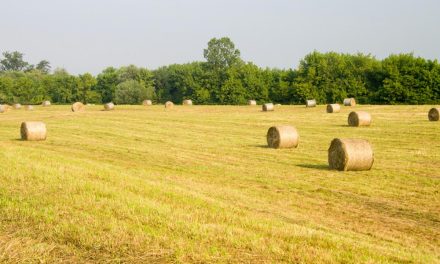


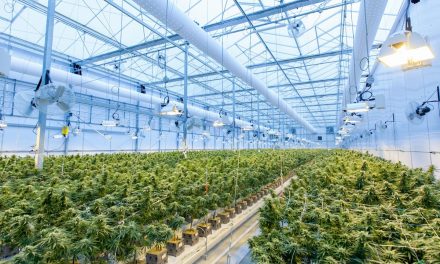


![[eBook] Sustainability and water management](https://agriplasticscommunity.com/wp-content/uploads/8_550x310_ENG-440x264.png)
![[eBook Trends in Agriculture Plastics] Increasing use of biodegradable mulch](https://agriplasticscommunity.com/wp-content/uploads/550 × 310_2_ENG-150x150.png)
![[eBook Trends in Agriculture Plastics] Reducing the plastic used in the manufacture of agricultural films](https://agriplasticscommunity.com/wp-content/uploads/550 × 310_1_ENG-150x150.png)



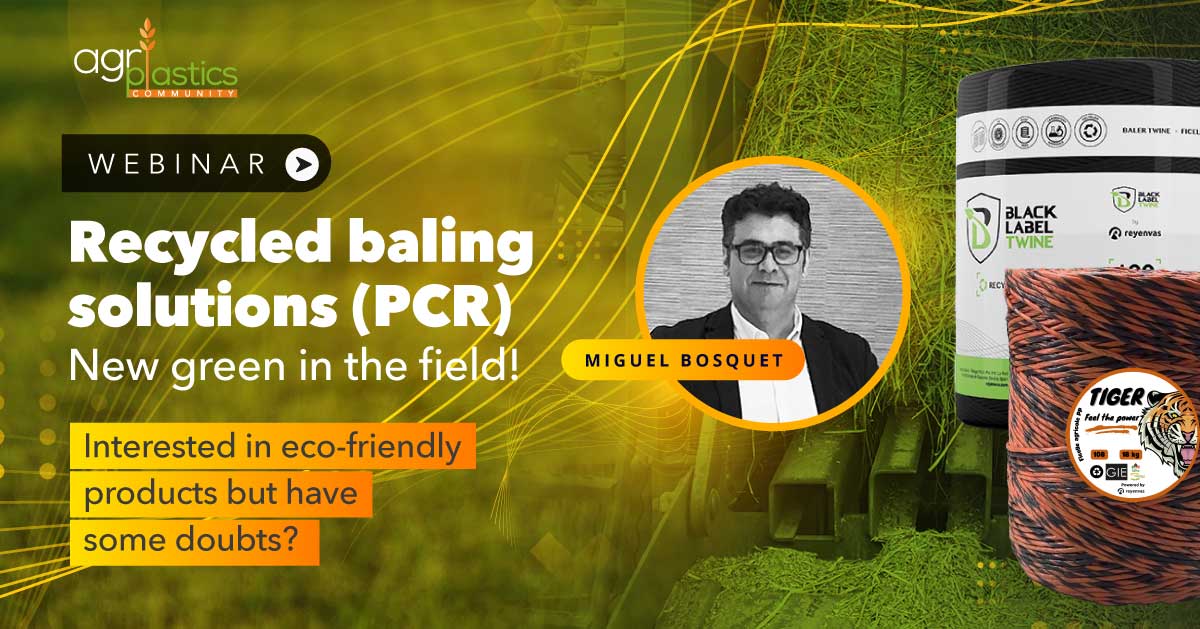
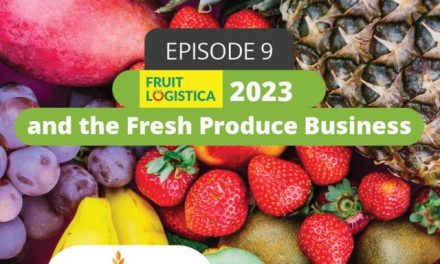

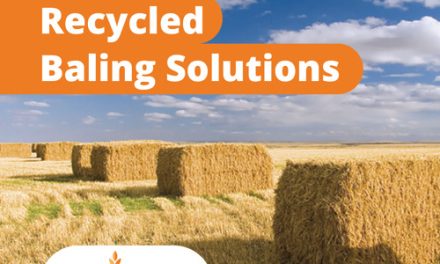





![[eBook] Sustainable horticultural twine and baling twine solutions](https://agriplasticscommunity.com/wp-content/uploads/7_550x310_ENG-440x264.png)




